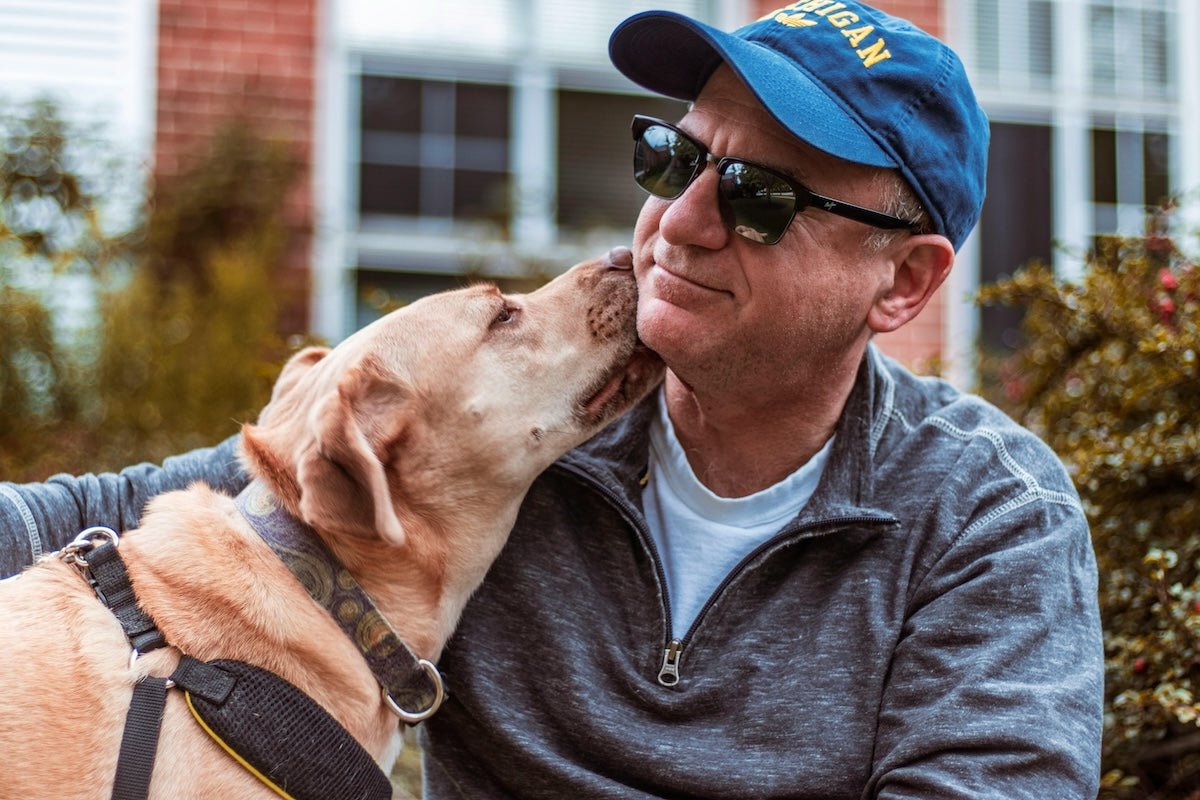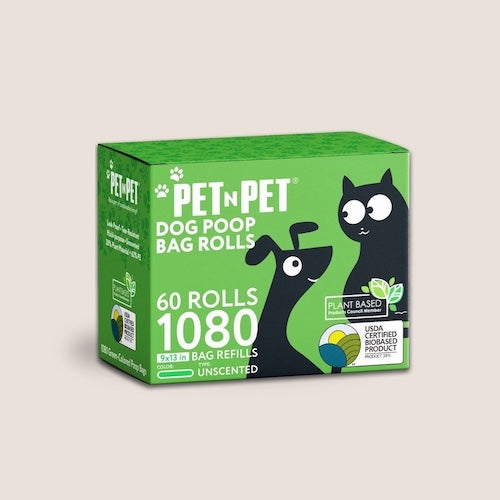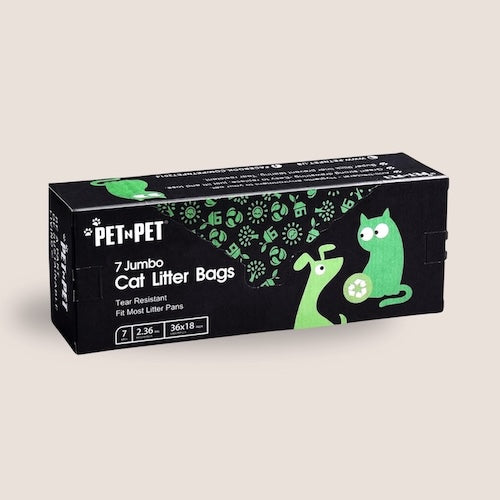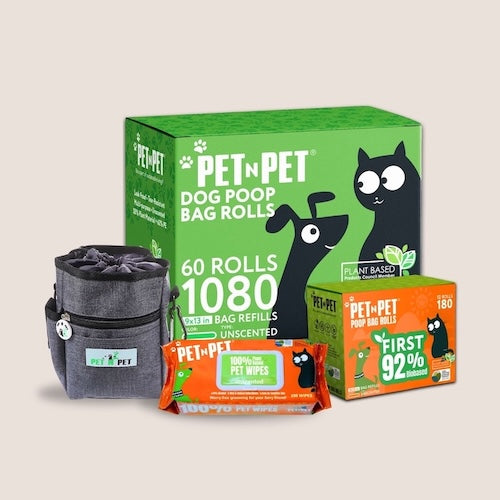
The Ins and Outs of Dog Poop DNA Testing
Dog poop – the bane of every pet owner's existence. Whether it's on the sidewalk, in the park, or even in our own yards, dealing with unscooped dog waste is a common frustration. But what if there was a way to hold owners accountable for their pets' messes? Enter dog poop DNA testing, a revolutionary solution that's changing the game in pet waste management. In this blog post, we'll delve into the fascinating world of dog poop DNA testing, exploring how it works, its benefits, and the associated costs.
How Does Dog Poop DNA Testing Work?
Dog poop DNA testing utilizes advanced genetic technology to match samples of dog waste to individual dogs. Here's a step-by-step overview of the process:
- Collection: First, a sample of the offending dog's poop is collected using a special kit provided by the DNA testing company. This sample is typically obtained by scooping up the waste with a provided tool or bag.
- Analysis: The collected sample is then sent to a laboratory equipped with DNA analysis capabilities. In the lab, technicians extract DNA from the poop sample and analyze it to create a genetic profile unique to the dog that left the waste.
- Comparison: Once the genetic profile is obtained, it is compared against a database of DNA profiles from registered dogs in the area. If a match is found, the responsible dog and its owner can be identified.
Benefits of Dog Poop DNA Testing:
Dog poop DNA testing offers a range of benefits for both pet owners and communities:
- Accountability: By identifying the owners of dogs who fail to clean up after their pets, dog poop DNA testing holds individuals accountable for their actions, encouraging responsible pet ownership.
- Cleanliness: With the threat of DNA testing looming, pet owners are more likely to scoop up after their dogs, leading to cleaner public spaces and neighborhoods.
- Environmental Protection: Unscooped dog waste can pose environmental hazards, contaminating water sources and spreading harmful bacteria. Dog poop DNA testing helps mitigate these risks by reducing the prevalence of unattended waste.
- Community Harmony: By promoting cleaner and more hygienic environments, dog poop DNA testing fosters greater harmony and cooperation among community members.
Cost Considerations:
Now, let's address the elephant in the room: the cost of dog poop DNA testing. While prices may vary depending on the service provider and the scope of the testing program, here are some general cost considerations:
- Initial Setup: The cost of setting up a dog poop DNA testing program typically includes the purchase of testing kits, registration fees, and administrative expenses. This initial investment may vary depending on the size of the community or property implementing the program.
- Testing Fees: In addition to setup costs, there may be fees associated with each individual test conducted. These fees cover the analysis of poop samples in the laboratory and the comparison of genetic profiles to identify matches.
- Subscription Models: Some dog poop DNA testing services offer subscription-based pricing models, where participants pay a recurring fee for access to testing kits and ongoing support.
- Community-wide Programs: In cases where dog poop DNA testing is implemented on a community-wide scale, costs may be distributed among property owners, homeowners' associations, or local government agencies.
It's important to note that while dog poop DNA testing may incur initial expenses, the long-term benefits – including cleaner environments, improved public health, and enhanced community cohesion – can far outweigh the costs.
Dog poop DNA testing represents a groundbreaking approach to addressing the age-old problem of unscooped dog waste. By harnessing the power of genetic technology, this innovative solution promotes responsible pet ownership, protects the environment, and fosters cleaner, healthier communities. While the cost of implementing a dog poop DNA testing program may vary, the benefits it offers in terms of cleanliness, accountability, and community well-being make it a worthwhile investment for pet owners and communities alike. So, the next time you encounter an unscooped pile of dog poop, remember – the truth may be just a DNA test away!
Share:
1 comment
-
Do you do dog poop DNA Testing? I see this information you are providing but I don’t see where you do this service? I am a pooper scooper who wants to get into Dog Poop DNA Testing for my clients. I am trying to find a source for doing this. If you do this service will you please let me know where I can find the information that I need. Thank you!
Julie Wislon on






